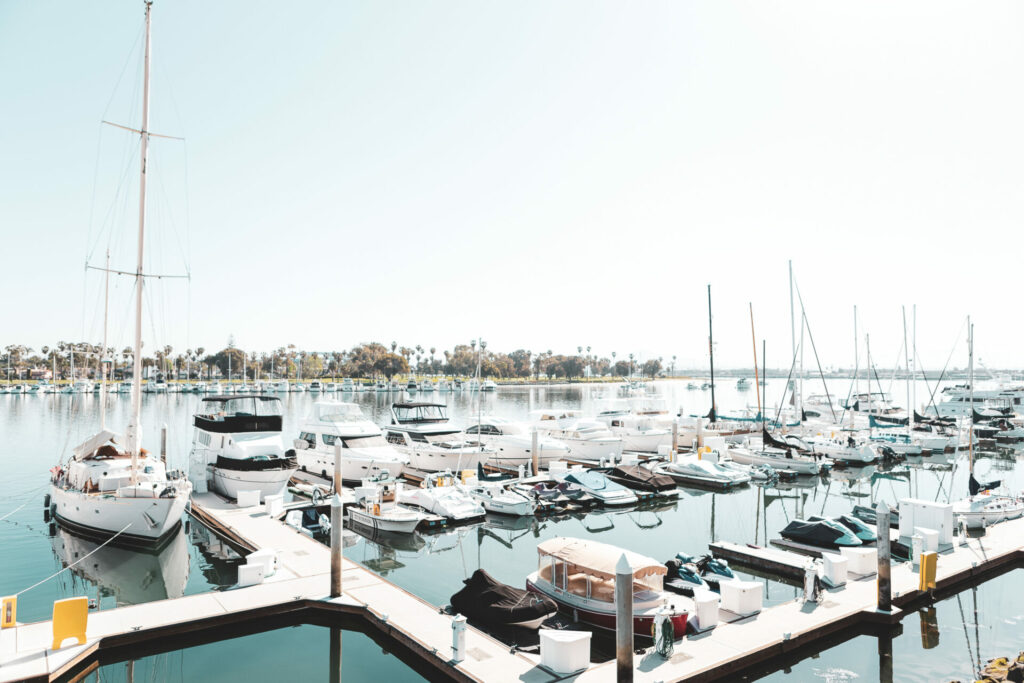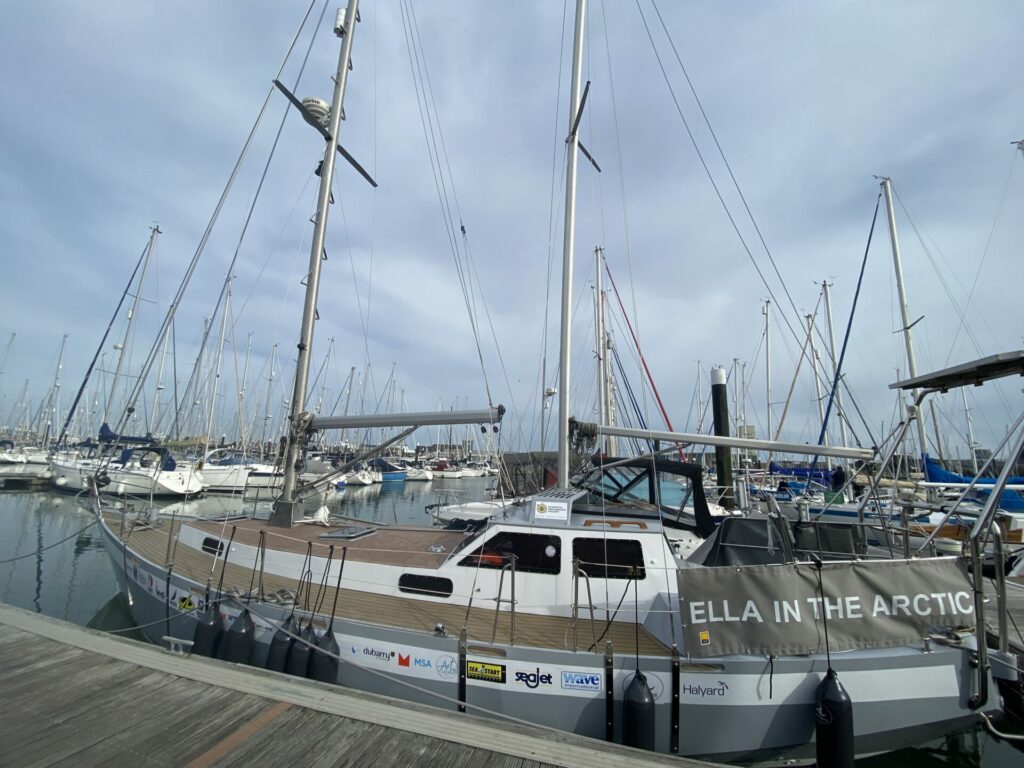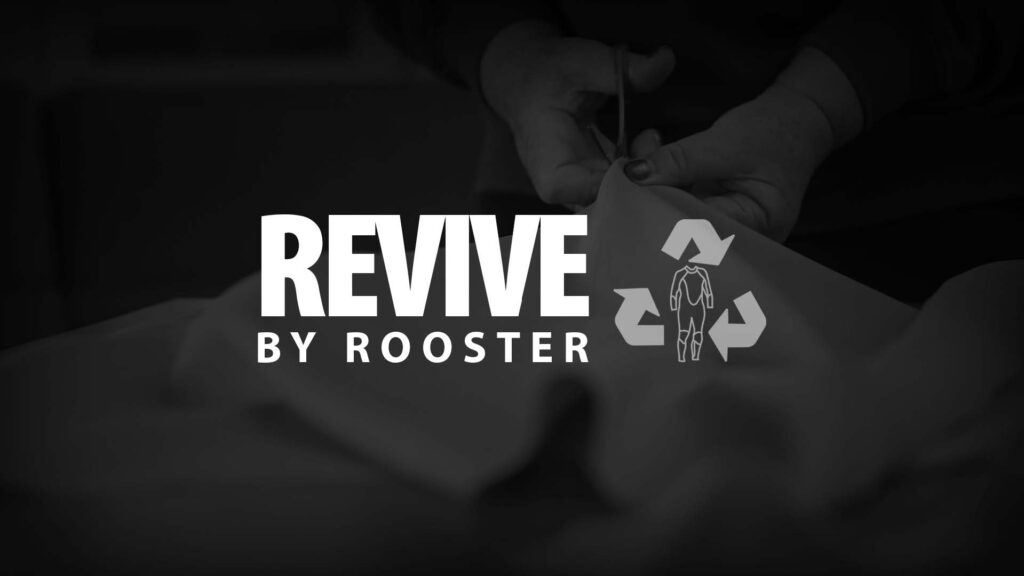The International Council of Marine Industry Associations (ICOMIA) has released a first-of-its-kind comprehensive, peer reviewed research report outlining a portfolio of technologies to support the reduction of carbon emissions from recreational boats.
The report reveals a unique multi-path approach to decarbonising recreational boating and provides guidance for global governments and boating industry stakeholders as they work together to shape investments in technology and policy.
“As members of the ICOMIA board and through the close working relationship with our technical team, British Marine has been working alongside ICOMIA since the start on the development of this new report”, explained Lesley Robinson, CEO, British Marine. “It provides us with a clearer direction for innovative solutions that will enhance boating experiences while significantly reducing environmental impact. It’s a pivotal moment for our industry, signalling the start of a journey towards a more sustainable future for boating that can be cherished by future generations.”
The research specifically looks at the real environmental impacts of different marine propulsion systems in boats under 24m in length, across nine common recreational types of watercrafts, comparing full lifecycle GHG emissions and Global Warming Potential (GWP), financial costs, usability, performance, range and infrastructure implications. These technologies included:
- Battery electric (electric-powered boats and watercraft)
- Hybrid electric (internal combustion engines using liquid fuel and electric)
- Hydrogen (internal combustion engines or fuel cell)
- Internal combustion engines with sustainable marine fuels (drop-in fuel that is a sustainably produced liquid substitute for conventional fossil fuel)
- Internal combustion engines with gasoline or diesel
It reveals that due to the unique on-water environment for recreational boating, and the varied interests of boaters and the experiences they seek, a variety of solutions must be considered on our pathway to reducing carbon emissions from recreational boats.
“It is clear from the report that a one-size-fits-all solution is not the answer and that other technologies including sustainable liquid marine fuels, hydrogen, electric and hybrid need to be considered as we look to the future”, Lesley concluded.
Further information
To read more about electric propulsion, visit the Electric Boating page.




